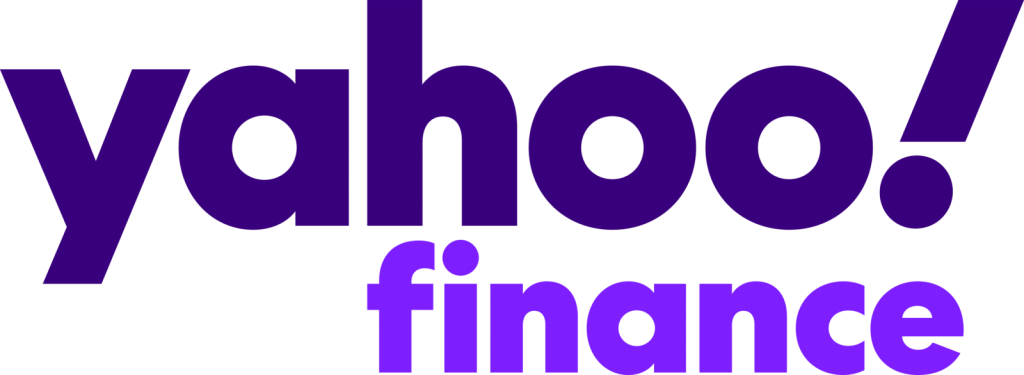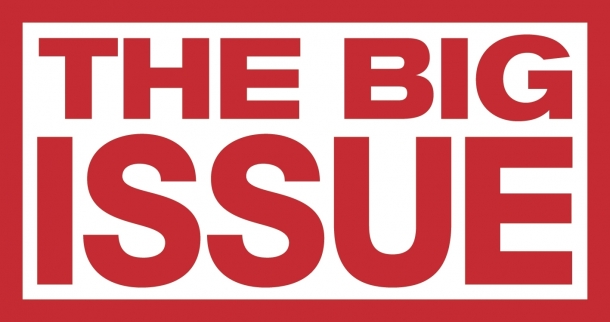
Coaching and mentoring are both effective ways of developing an individual’s skills and knowledge as they are personalised to the individual. There are times when coaching is a better solution than mentoring and mentoring is a better solution than coaching.
The two terms are used interchangeably, often without fully understanding the difference between the two.
So how do you decide which one to use, and when?
Let me begin by sharing the CIPD definition of each:
Coaching aims to produce optimal performance and improvement at work. It focuses on specific skills and goals, although it may also have an impact on an individual’s personal attributes such as social interaction or confidence. The process typically lasts for a defined period of time or forms the basis of an on-going management style.
Mentoring tends to describe a relationship in which a more experienced colleague shares their greater knowledge to support the development of an inexperienced member of staff. It calls on the skills of questioning, listening, clarifying and reframing that are also associated with coaching.
Put simply, I think of coaching as “ask” and mentoring as “tell”. When I was training to become a coach, the phrase “whatever you can tell, you can ask”, stuck with me and helped me to get into a coaching headspace. Even today, when I am reviewing my own performance after a coaching session, I question if I gave a response rather than asking a question, so that my client could figure out their own response.
If the lines are still blurred, use the lists below to understand the difference between coaching and mentoring and decide which would be the most appropriate solution for the development needs of yourself and/or your people.
Coaching is:
- A relationship that generally has a set duration
- Generally structured in nature and meetings are scheduled
- Short-term (sometimes time-bounded) and focused on specific development areas/issues
- Generally not performed on the basis that the coach needs to have direct experience of their client’s formal occupational role, unless the coaching is specific and skills-focused
- Focussed generally on development issues at work
- Setting the agenda between the coach, the coachee and the coachee’s line manager and is focused on achieving specific, immediate goals
- Revolves more around specific development areas/issues
Mentoring is:
- An ongoing relationship, which can last for a long period of time
- Sometimes more informal and meetings can take place as and when the mentee needs some advice, guidance and support
- More long-term and takes a broader view of the person
- Having a mentor who is usually more experienced and qualified than the ‘mentee’. It is often a more senior person in the organisation, who can pass on knowledge and experience. Reverse mentoring (where the mentee is the more senior person) is growing in popularity and helps to narrow generational divides
- Focussed on career and personal development
- The mentee setting the agenda, with the mentor providing support and guidance to prepare them for future roles
- Resolves more around professional development of the mentee
So, is it coaching or mentoring you are looking for? Either one is a great solution depending on the challenge that you are facing. Use the lists above to help you to get started in your search and let me know how you get on!










